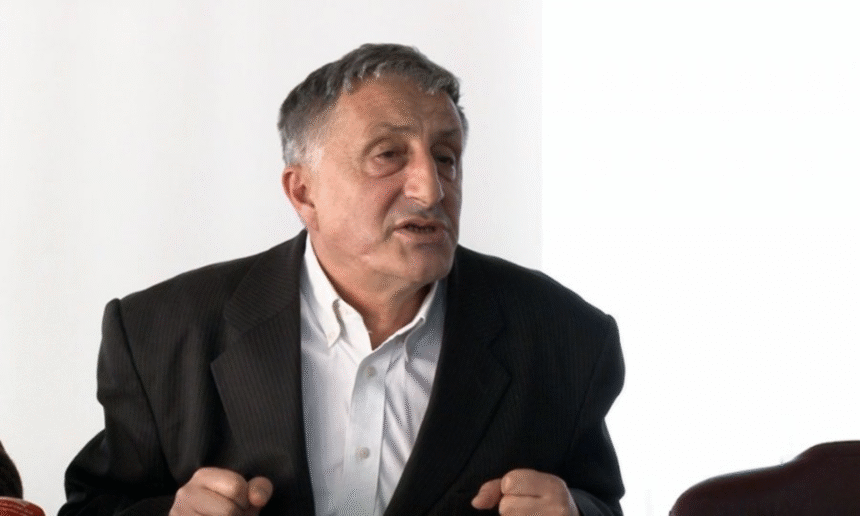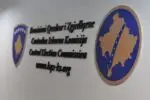With only a few days remaining until the start of the 2025–2026 school year, the challenges facing education in Kosovo remain largely the same as in previous years.
Rrahman Jasharaj, chairman of SBASHK (the Union of Education, Science, and Culture Workers), told IndeksOnline that classes will begin on time, but he raised serious concerns regarding delays in school textbooks and the lack of a collective agreement for the education sector.
“As far as SBASHK is concerned, the school year will start on time, because in the consultations we’ve held, including meetings with union representatives from various municipalities, we concluded that, given the current situation where neither the parliament nor the government is constituted, there is no one with whom to hold dialogue, nor is there anyone to whom we can appeal to organize protests or strikes to present our demands,” Jasharaj said.
He noted that one of the main recurring problems is school textbooks.
“The problem appears to be the same as in previous years, namely with the textbooks. In the last two years, there were significant delays, and over a month of classes was lost while waiting for all students to receive their books. The outgoing Minister, Arbërie Nagavci, along with her staff, repeated the same mistake, almost intentionally. It could be forgiven the first time, as she may have believed it would have a positive effect, but it was clear there were delays, parents faced difficulties with blocked accounts, and other issues arose regarding textbook distribution. A range of problems are likely to repeat this year as well,” he added.
According to Jasharaj, teachers will face difficulties if students are not provided with textbooks on time.
“The allocation of funds for textbooks has been delayed. Teachers will be in a difficult position because they cannot begin teaching until all students have their books,” he emphasized.
He also stressed that once new state institutions are formed, SBASHK will seek to resume dialogue on the collective agreement.
“The most urgent issue, immediately after the establishment of institutions, will be to insist on sitting down to negotiate the collective agreement. Labor law requires a new agreement to be signed every three years. At the moment, education, healthcare, and other sectors are without a collective agreement, and Kosovo has not had a comprehensive collective agreement covering both public and private sectors for years. Dialogue is essential because, if we compare salaries in Kosovo’s education sector with those in Albania, we see continuous increases there, while salaries in Kosovo remain significantly lower than in neighboring countries.”
Finally, he highlighted that the promised investments for the “21st Century School” are inconsistent with the reality on the ground.
“We will demand salary coefficient increases and better working conditions. Often, there is talk of investing to build schools for the 21st century, yet we are beginning the new school year with the fear that textbooks will be delayed, and we will start with inadequate materials such as cheap foam and cardboard, which are not 21st-century teaching tools. Much is lacking in our schools, yet we are accused of underachievements. We strive for much higher achievements, but with textbook delays and inadequate materials, we cannot reach optimal results under these conditions,” he concluded.







